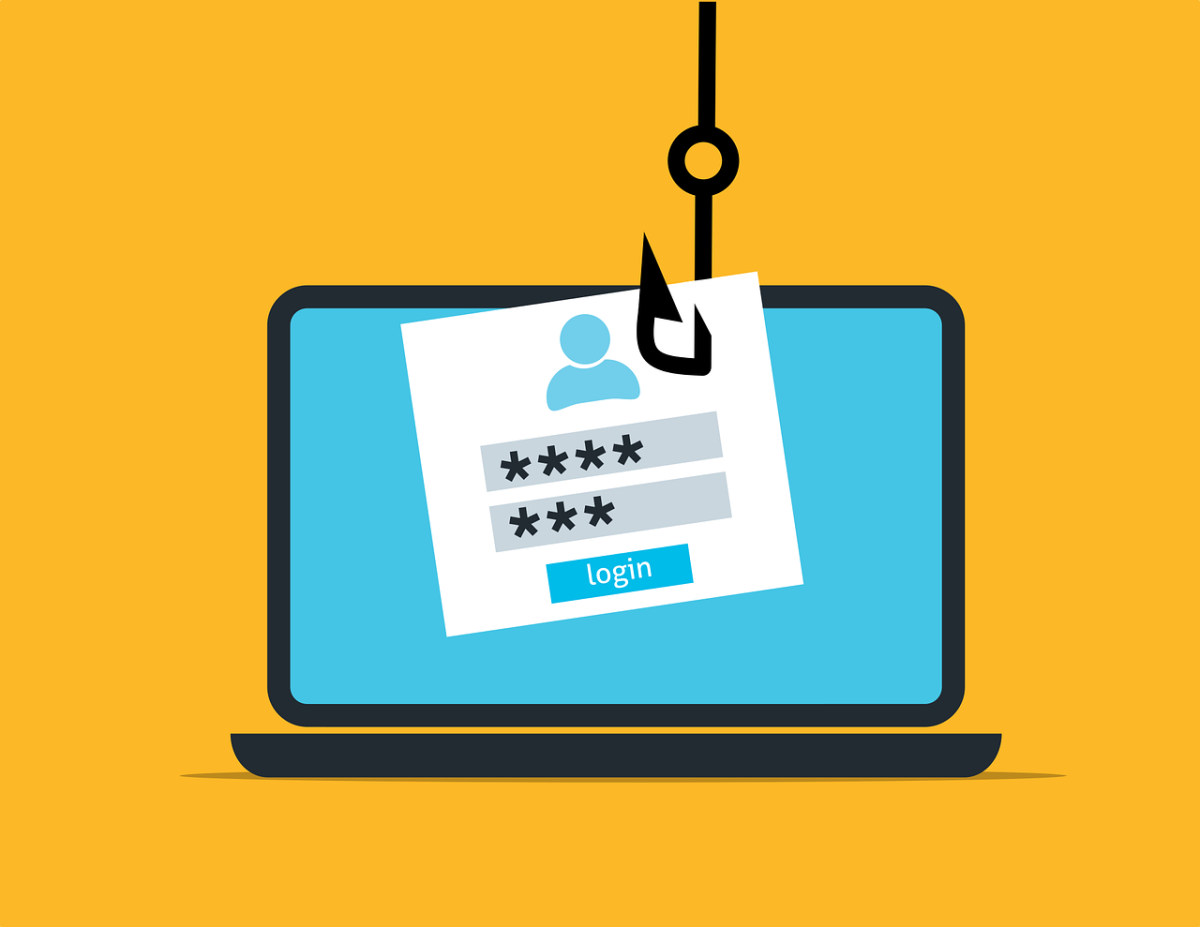On Wednesday, Feb 16, an email directed towards Rowan faculty and students regarding a potential job opportunity at UNICEF, also known as the United Nations Children’s Fund, was sent out.
Fayaz King, the “person” in question, offered Rowan faculty and students $600 a week to work the part-time job, though the email was sent under the name Stanley Yeldell, using a Rowan University email address.
A PDF was attached to the email that offered more information about the potential job opportunity and about Fayaz King, himself. King was apparently unable to interview individuals interested as he himself was away.
“I am unable to call you for an interview as I am currently away and helping disabled students in the Asia-Pacific (APAC) region,” King’s PDF read.
Along with the questionable link, King had specific instructions at the very end of the email.
“Take note; this is strictly a work-from-home position and reply must be sent from your non-official email,” the email said.
The email sent was a job scam targeted towards all faculty and students at Rowan.
Found on the Rowan Announcer from Tuesday, Feb. 22, officials at Rowan reminded all members of Rowan to be aware of such job scams.
In the announcement, Rowan officials explained how these scams often work.
“These scams will often ask you to deposit checks into your checking account and then withdraw the funds to purchase gift cards or wire money to other accounts,” the email read. “The checks are later found to be fraudulent, leaving you on the hook for paying back the amount of the counterfeit checks.”
Osman Elias, a sophomore, and Mohammed Kashem, a junior, both majoring in computer and informatics, work at Rowan’s Technology Assitance Center (TAC) and were able to highlight the different signs of fraud, or phishing, emails.
“When it comes to [potential scam] emails, you should always check the sender and the subject line. Always read the header to see if [the name] it looks familiar and if it looks legit,” Elias said. “With phishing emails, they’ll have a bunch of random characters and an email address you don’t even know.”
“If you have any doubts about an email just come into TAC. We prevent your information getting stolen,” Kashem said.
Students who are doubtful about an email or information should ask for more assistance in dealing with the conflict. Potential scammers will ask for all types of personal information.
“My advice would be don’t click any links if you have any doubts. Especially anything with your credit card or debit card, just don’t add anything down. If you put something down, like a debit card, you’ll never get it back,” Kashem said.
For all students and faculty, if the question arises whether or not an email is a potential scam contact the Rowan University’s Technology Assistance Center at 856-256-4400.
For comments/questions about this story tweet @TheWhitOnline or email [email protected]























































































































































!["Working with [Dr. Lynch] is always a learning experience for me. She is a treasure,” said Thomas. - Staff Writer / Kacie Scibilia](https://thewhitonline.com/wp-content/uploads/2025/04/choir-1-1200x694.jpg)








































